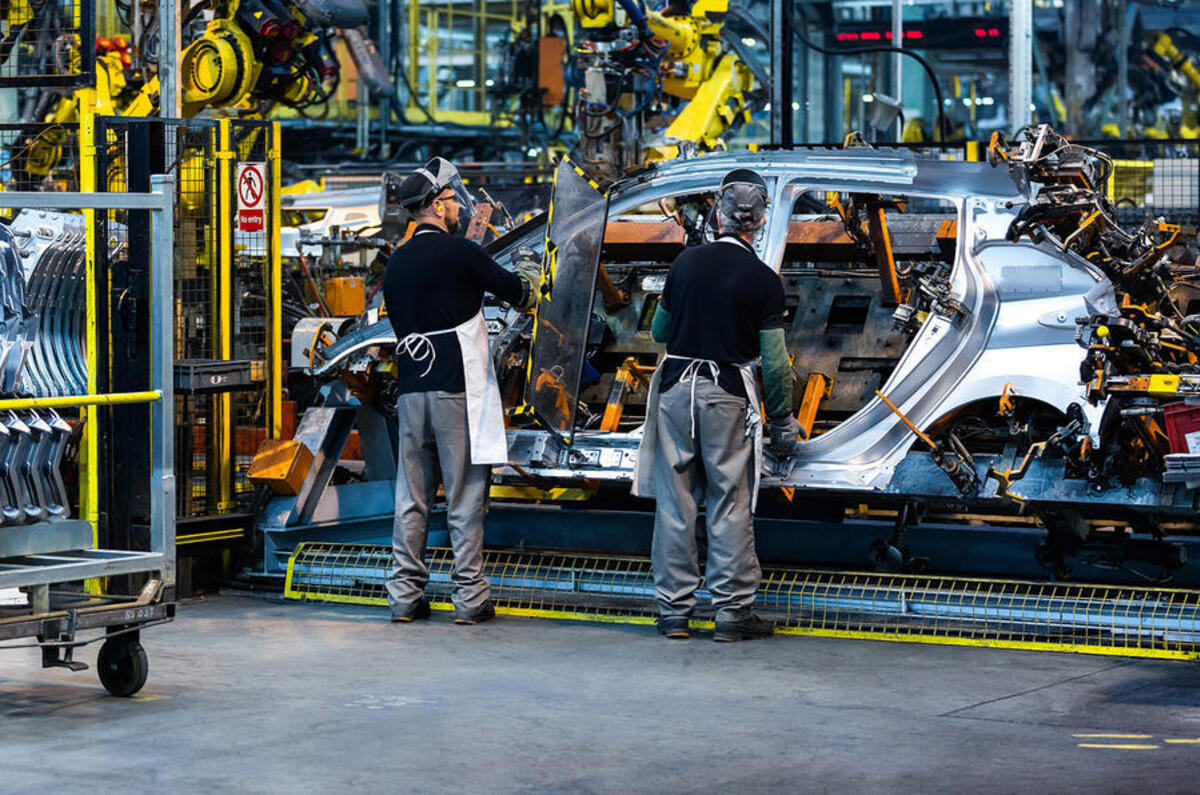Car production in the UK fell for the eighth month in a row in February, figures from the Society of Motor Manufacturers and Traders (SMMT) have revealed, with the industry suffering a 41.3% drop in output as semiconductor shortages have a continued impact.
Factories produced 61,657 cars, representing a drop of 43,351 compared with February 2021. The SMMT said it was the weakest-performing February since 2009.




Add your comment